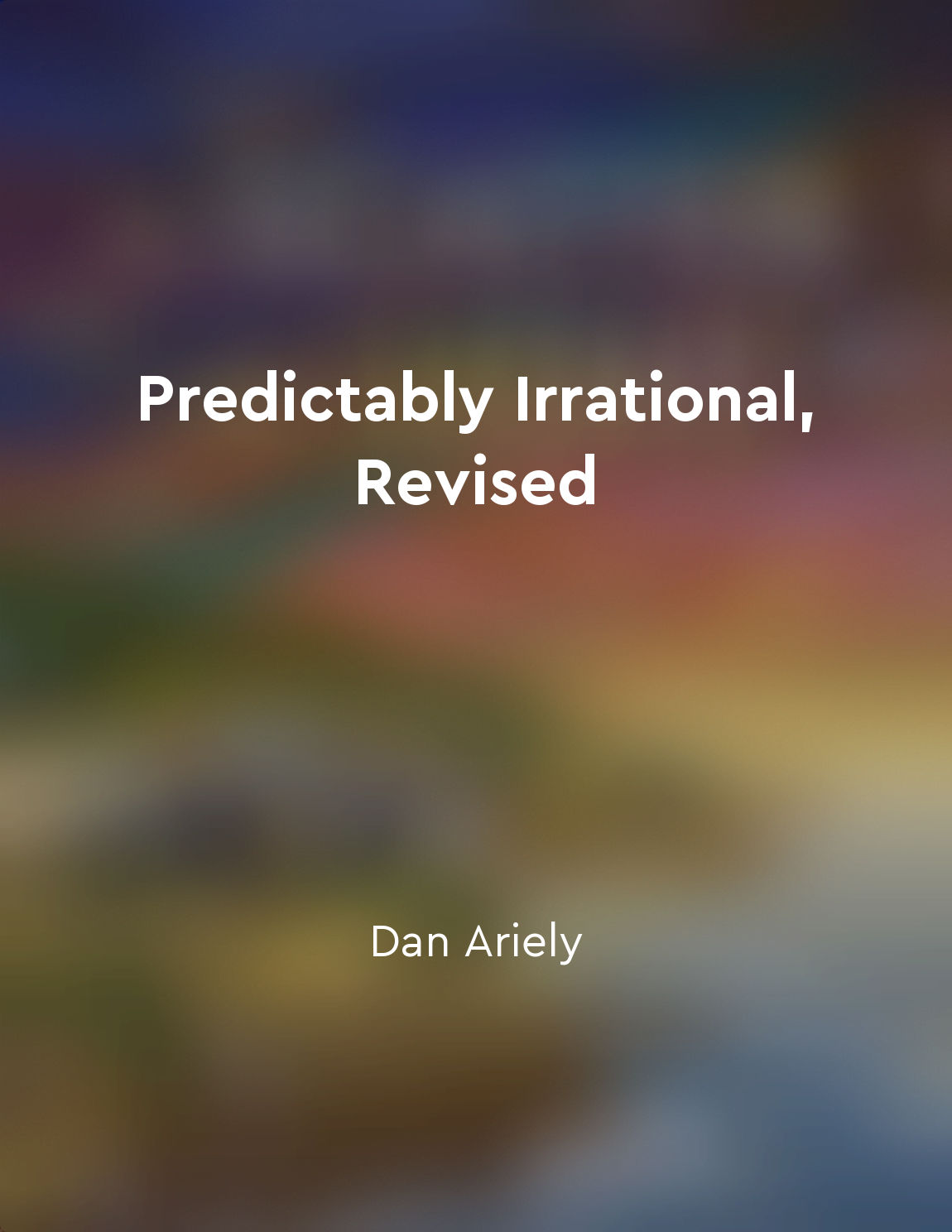This leads to groupthink and closedmindedness from "summary" of The Big Sort by Bill Bishop
The increasing tendency of like-minded individuals to live near each other has serious consequences for society. As people surround themselves with others who share their beliefs and values, they become less exposed to diverse perspectives and dissenting opinions. This creates an echo chamber where their views are constantly reinforced and rarely challenged. Over time, this insular environment fosters a sense of complacency and self-righteousness, as individuals become convinced that their way of thinking is the only correct one. This phenomenon not only hinders intellectual growth but also stunts social development. When group members are all on the same page, there is little incentive to critically evaluate ideas or seek out alternative viewpoints. This leads to a lack of creativity and innovation, as new and unconventional ideas are dismissed without consideration. In this closed-minded environment, dissent is seen as a threat rather than an opportunity for growth. Moreover, the pressure to conform to group norms can be overwhelming. Individuals who deviate from the consensus risk being ostracized or marginalized, leading to self-censorship and a reluctance to express dissenting opinions. This stifles meaningful debate and hampers the ability of the group to arrive at well-rounded decisions. As a result, the group becomes susceptible to making poor choices based on faulty reasoning and incomplete information.- The insular nature of groupthink creates a fertile ground for closed-mindedness to flourish. When individuals are shielded from dissenting opinions and exposed only to ideas that reinforce their own beliefs, they become entrenched in their ways and resistant to change. This intellectual stagnation not only inhibits personal growth but also undermines the collective wisdom of the group. In the end, groupthink and closed-mindedness can have far-reaching implications for society, leading to polarization, divisiveness, and a narrowing of the intellectual landscape.
Similar Posts
Be mindful of the gambler's fallacy
In the casino, there is a trap waiting for you: the gambler's fallacy. It is the belief that past random events can influence f...

We often make decisions based on our present emotions
Our emotions can greatly influence the decisions we make. When we are in a good mood, we tend to make more optimistic decisions...
Leveraging social currency can increase the likelihood of sharing ideas
People are more likely to share ideas when they feel like they are gaining social currency from doing so. Social currency refer...
Democracy is a continual work in progress
Jean Bethke Elshtain argues that democracy is not a static entity that can be achieved and then left alone to flourish indefini...
The truth can be a weapon
The power of the powerless lies in their ability to speak the truth, even in the face of oppression and intimidation. By shinin...
People are surrounding themselves with individuals who share their beliefs and values
In America today, we see a striking trend emerging where individuals are gravitating towards those who think and believe as the...
Our democracy depends on diverse perspectives and open dialogue
The fabric of our democracy is woven with threads of diverse perspectives and open dialogue. When individuals from different ba...
Leveraging social networks can increase the spread of ideas
Social networks are powerful tools for spreading ideas far and wide. When we leverage these networks effectively, we can signif...
Churches, unions, and clubs are losing their influence
In the past, churches, unions, and clubs played crucial roles in shaping communities and influencing societal beliefs. However,...
Freedom of speech is under threat from virtue policing
Richard Bernstein argues that modern society is facing a dangerous trend where freedom of speech is being stifled by what he ca...

